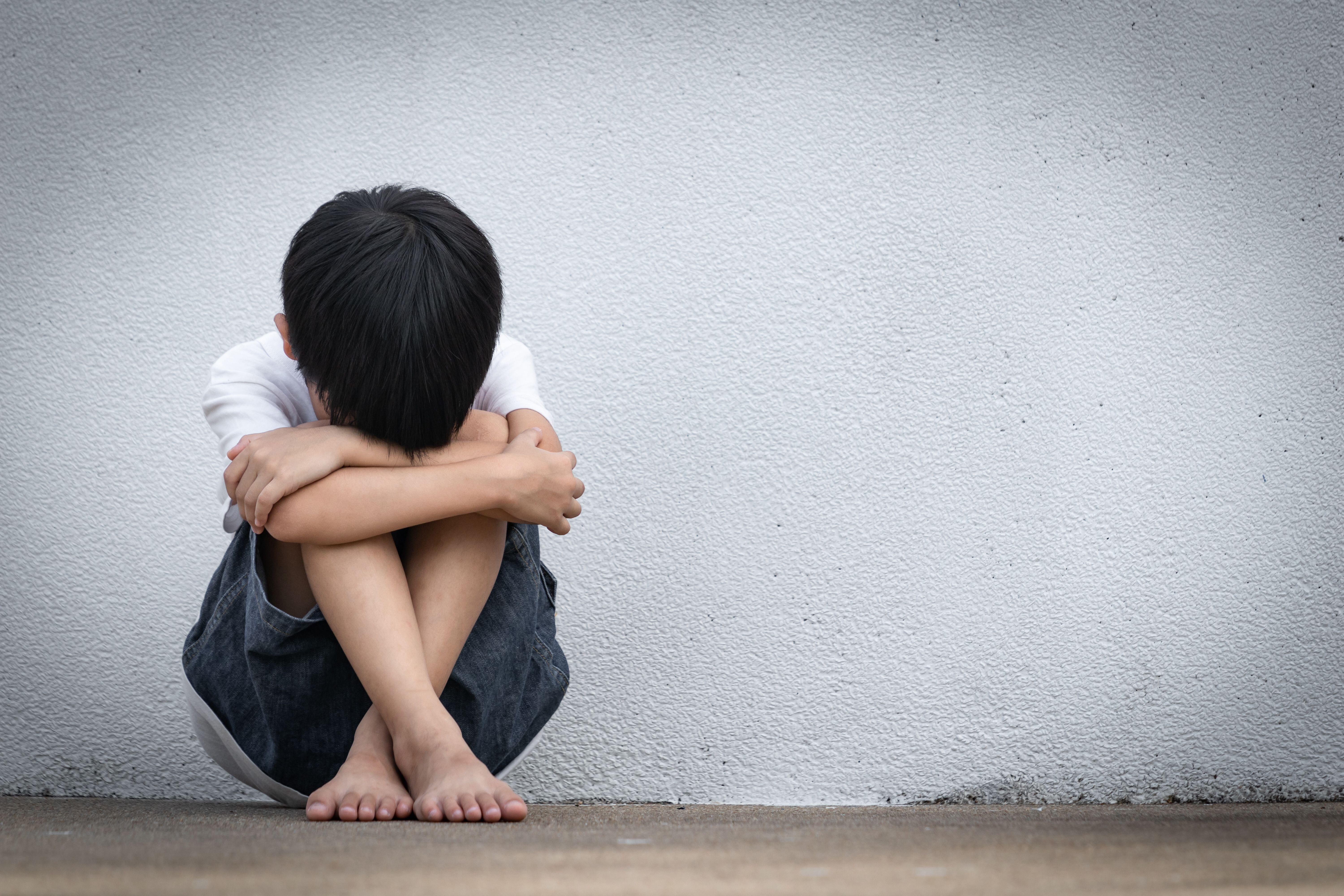Thousands of children missing out on early social care help
Action for Children said opportunities to protect youngsters and reduce the numbers going into care were being missed.

A charity has revealed there were at least 320,000 missed opportunities to provide early help to children who were then re-referred to social care within 12 months.
Data taken from 2015/16 to 2019/20 showed this would have impacted an estimated 64,000 children every year, a Freedom of Information request by charity Action for Children found.
Children assessed by social services who do not meet the threshold for social care support can have their assessment closed but social workers also have the option to make a “step down” referral for early help instead.
Early help, also known as early intervention, is support given to a family when a problem first emerges to help prevent it escalating to a point where full social care is needed.
We should not be waiting for children to be in harm’s way before we help them
Action for Children estimated that there were 1.26 million cases where a closed assessment did not lead to an early help referral, and that in 25% of these cases the child was re-referred within a year, suggesting there were 320,000 missed chances to help vulnerable children.
The charity said this meant opportunities were being missed to protect children and reduce the numbers going into care, as well as a failure to relieve the pressure on overstretched social services.
The charity’s research also revealed significant regional variation in the services children had access to, with around 1 in 6 children receiving early help (15.7%) in Rotherham in 2019-20, to less than 1 in 150 (0.6%) in South Gloucestershire.
The charity said that some councils, such as Medway, Northamptonshire and Sunderland, had seen their spending on early intervention fall by more than 70% since 2015, while nine in 10 councils had cut spending on early intervention services between April 2015 and April 2020.
The charity has argued for a new “prevention ratio”.
It has found that for every two children receiving targeted early support, there are up to three receiving more expensive social care interventions.
It’s vital the Government recognise these findings as more than just numbers. Each one represents a missed opportunity, a child in a distressing situation who could be facing the horrors of neglect, abuse and exploitation
Action for Children also said an effective social care system would see most families receiving early intervention to manage issues before they escalate.
The charity is calling for the Government to introduce new legal duties for councils to give children early help, increase funding for early intervention and for data to be collected on early help provision and outcomes.
Imran Hussain, policy and campaigns director at Action for Children, said: “We should not be waiting for children to be in harm’s way before we help them.”
“Despite the evidence that early help services reduce harm to our children and save money on more costly crisis intervention, the last decade has seen significant budget cuts to these services.”
“The funding and the incentives in the system are working in the wrong way,” he added.
“The lack of early help leaves children vulnerable, and means we are only intervening when it’s too late. This leads to more children going into costly care later down the road.
“This is morally and economically nonsensical.”
He said that there was “nothing more costly than a missed opportunity”, adding that the ongoing children’s social care review had “rightly highlighted the importance of early help”.
Toby North, national public affairs manager at The Children’s Society, said: “It’s vital the Government recognise these findings as more than just numbers.”
“Each one represents a missed opportunity, a child in a distressing situation who could be facing the horrors of neglect, abuse and exploitation. Surely any concern about a child should never be seen as ‘not enough’ to provide some kind of help,” he added.
“We know that the Independent Review of Children’s Social Care is likely to place a strong emphasis on early help in its recommendations, when they are published this summer. But without significant investment, any reforms are likely to stall before they have even begun.”
“The Government must act by investing in children’s social care, ensuring children’s lives and wellbeing are not being put at risk in a futile money saving exercise.”
Bookmark popover
Removed from bookmarks